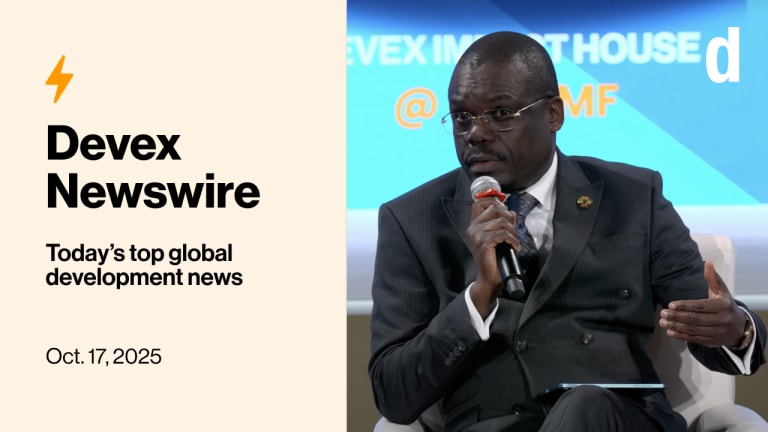The head of the Belgian federal development agency Enabel has defended the country’s development spending as an exercise partly in self-interest after reports that a new governing coalition could make cuts to foreign aid.
Belgian media reported last week that negotiators trying to form a new government following elections in June were considering an economic plan designed to save €13.5 billion (about $15 billion). Under the plan, L’Echo reported that €636 million from the development budget currently paid by the federal government would instead be assigned to Belgium’s eight local and regional authorities — though there is no assurance they would be willing or able to pay.
The right-wing New Flemish Alliance, or NVA, which came first in the June elections and whose leader Bart De Wever had been leading negotiations on a new government — before resigning last week — did not immediately respond to a request for comment.
More reading:
► Why are billions being cut from European aid budgets? (Pro)
► Is Macron still an aid champion? (Pro)
► Why Sweden tore up its funding agreements with its NGO partners (Pro)








